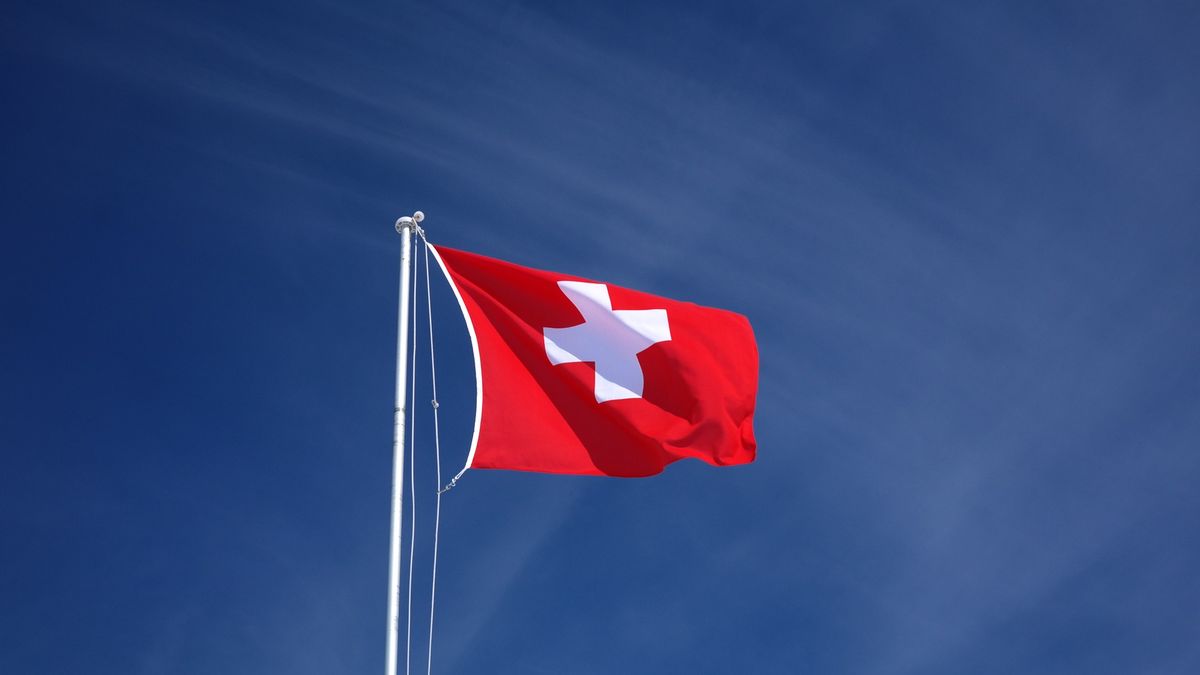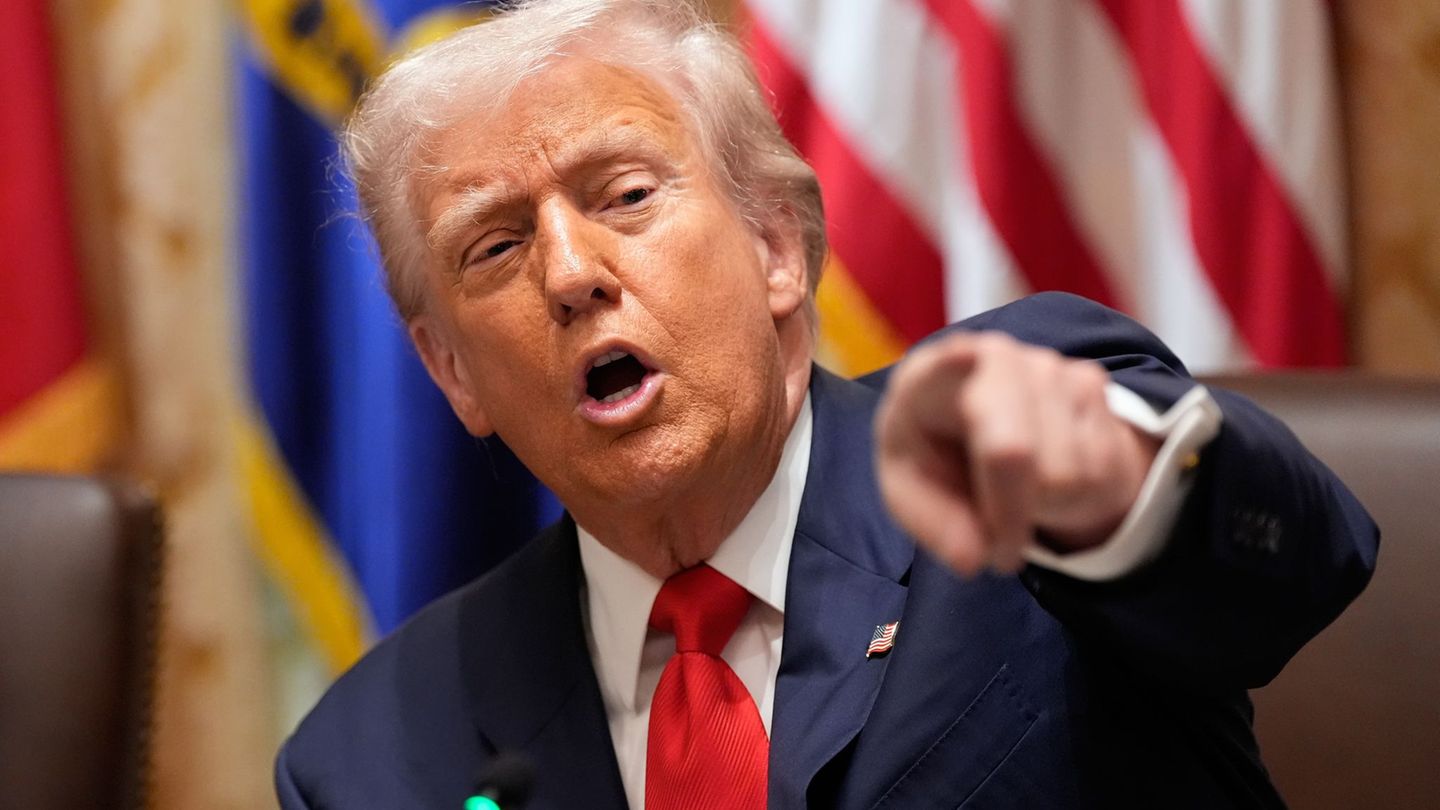“Finland will provide military assistance to Ukraine. It is a historic decision for Finland,” Prime Minister Sanna Marin told a news conference.
It will be 2,500 assault rifles, 150,000 ammunition, 1,500 grenade launchers and 70,000 field rations, said Defense Minister Antti Kaikkonen.
“Germany’s line change was particularly significant,” Kaikkonen said.
Germany broke with its doctrine, announcing the supply to Ukraine of 1,000 anti-tank rocket launchers, 500 Stinger surface-to-air missiles, 9 howitzer launchers, 14 armored vehicles and 10,000 tons of fuel.
Finland, which has a border of more than 1,300 kilometers with its Russian neighbor, does not traditionally export weapons to conflict zones.
Before, the Nordic country had decided to send bulletproof vests, helmets and a mobile hospital to Ukraine to support the country against the Russian invasion.
Over the weekend, leaders of the European Union, France, Germany, Italy, the United Kingdom, Canada and the United States agreed to exclude several Russian banking entities from the Swift international payment system, key to international transactions, and impose “restrictive measures” to the Russian Central Bank, within the framework of a series of sanctions for the invasion of Ukraine.
For its part, the United Kingdom today tightened its restrictions by imposing measures against other Russian economic and financial organizations, while prohibiting access to British ports to Russian-flagged ships and those chartered or owned by Russians.
Canada did the same, announcing today that the financial institutions of the North American country are prohibited from carrying out transactions with the Central Bank of Russia, according to the Prime Minister, Justin Trudeau.
“Effective immediately, all Canadian financial institutions are prohibited from transacting with the Central Bank of Russia,” Trudeau said on Twitter.
The Canadian move came shortly after the US Treasury banned Americans’ transactions with the Russian Central Bank, the National Wealth Fund of the Russian Federation and the Ministry of Finance of the Russian Federation.
Croatian Prime Minister Andrej Plenkovic also announced that the country will join the sanctions against Russia regarding leaving some banks out of the Swift financial system once a firm decision is made.
Japanese Prime Minister Fumio Kishida joined the pressure from the G7 – a group of advanced economies, of which Japan is a part – against Russia.
“We have decided to impose sanctions to limit transactions with the Russian Central Bank,” Kishida announced today.
Kishida added that the measures will also be applied against the Belarusian president, Alexandr Lukashenko “in view of the apparent involvement of Belarus” in the aggression deployed on Thursday, February 24, on Ukraine by the Kremlin.
“We are going to adopt sanctions against President Lukashenko and other individuals and organizations, as well as measures to limit exports,” said Kishida, after meeting with Ukrainian President Volodimir Zelenski, the AFP news agency reported.
Kishida announced that in addition to the promised $100 million loan to Ukraine, he offered another $100 million for emergency humanitarian aid.
For his part, the president of Switzerland, Ignazio Cassis, announced that the Helvetic Confederation will “comprehensively” implement the economic sanctions adopted by the European Union (EU) against Russia, which include measures against the Russian president, such as the freezing of funds .
Swiss Finance Minister Ueli Maurer stressed that blocking the assets of people on the EU blacklist has “immediate effect”.
“This is a big step for Switzerland”, a traditionally neutral country, said Cassis, who indicated that the Federal Council made this decision “with conviction, in a thoughtful and unequivocal way”, according to the French agency.
Swiss authorities, hesitant to apply sanctions after the invasion, had been under heavy pressure for days to align with the EU and the United States.
In line with the commitment of North American partners and allies, the restrictive measures seek to “nullify” Russia’s ability to access its international reserves that would undermine the impact of sanctions, as well as “restrict” the ability of Russian President Vladimir Putin , to finance their military operations with this money.
In return, China rejected the use of sanctions to solve problems in the world and urged to stabilize the situation.
“The main task now is to show necessary restraint to prevent the situation in Ukraine from deteriorating and spiraling out of control,” Chinese Foreign Ministry spokesman Wang Wenbin said.
However, Wang insisted that the Asian giant “opposes unilateral sanctions”, alluding to the decision of the United States and its allies.
For its part, India decided on Friday to abstain from a UN Security Council vote demanding Russia back off its invasion of Ukraine and deplored countries abandoning the path of diplomacy.
India’s stance does not signify support for Moscow, but reflects New Delhi’s dependence on an ally of more than seven decades for energy, weapons and support in conflicts with its neighbors, notably Kashmir and Pakistan.
In the context of the sanctions ordered by the EU against Russia, the European bloc and other countries announced yesterday that they were closing their airspace to all Russian planes.
In this way, Russian planes will not be able to reach anywhere within the EU’s jurisdiction and will also not be able to cross its airspace to go to other destinations, which will force them to make large detours.
“Sanctions are tough, they are a problem,” Kremlin spokesman Dmitri Peskov said, but assured that “Russia has all the potential to compensate for the damage.”
Today, the Russian Central Bank decided to raise the reference interest rate from 9.5% to 20% per year, in order to avoid further devaluation and a flight of bank deposits.
In addition, Moscow announced the restriction of flights by airlines from 36 countries.
Affected countries include the United Kingdom, Canada and many European Union (EU) states.
To counteract the fall in the value of the ruble, Putin today decreed several measures, among which are the prohibition of residents in Russia from transferring foreign currency abroad, and the obligation for Russian exporters to convert 80% of their income into rubles. obtained in foreign currencies from January 1, 2022.
Source: Ambito
David William is a talented author who has made a name for himself in the world of writing. He is a professional author who writes on a wide range of topics, from general interest to opinion news. David is currently working as a writer at 24 hours worlds where he brings his unique perspective and in-depth research to his articles, making them both informative and engaging.




